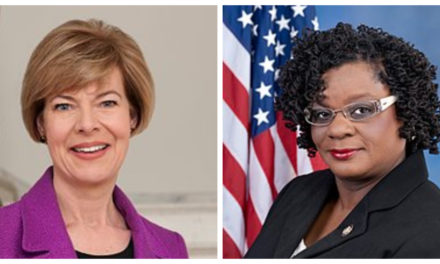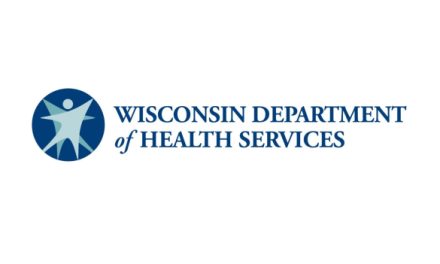
Partnership is the main message at World Sight Day
Contact: Neil Kunde, (608) 238-7777
(Madison, Wisconsin) — Dr. Geoff Tabin stressed a familiar — but more important than ever — message as he addressed the hundreds of guests at the Combat Blindness International celebration of World Sight Day on October 19 at Monona Terrace.
“Twenty million people around the world are blind because of cataracts,” he stated, “and at the current rate, that number will double in a decade. Partly due to that, life expectancy for people in the developing world is one-third that of their health-managed peers. That’s hard to imagine in this country, where you just don’t see people who are blind due to cataracts.”
Tabin’s experiences early in life as a renowned mountain climber while he was in medical school introduced him to these differences. In particular, it was while he was a part of the first team to scale the treacherous east face of Mt. Everest that he saw the disparity. It was also then that he knew he had to do something about it.
“Sir Edmund Hillary was my hero,” Tabin shared, “not so much for his climbing and exploration, but for the way he gave back. He built school and hospitals, and kept them funded. When he asked me to leave the hospital in which I was working in Katmandu and go to help in one of his remote hospitals, I saw children dying of public health diseases that were so easily treated here in the West. In particular, blind children were kept in the shadows, in the back rooms.”
Tabin completed his medical ophthalmological training and returned to the villages near Everest, partnering with Dr. Sanduk Ruit, a Nepali ophthalmology pioneer, in the Himalayan Cataract Project.
“In Nepal, people just assume that when you get old, your hair turns white, your eyes turn white, and you die,” he told the crowd. “Blindness prevents them from doing even simple acts of daily living. When you’re in a subsistence agrarian economy, not only does the loss of sight take away the life of a blind person. It takes one more person out of school or out of the workforce to care for that person. An expression for a blind person in the developing world is a mouth with no hands.”
Fortunately, Tabin continued, organizations like Combat Blindness International are supporting the care of the blind in some of the poorest of the world’s poor regions. “Hellen Keller said ‘because I cannot do everything, I will not refuse to do something I can do,’” he concluded. “Eliminating avoidable blindness is something we can do, and Combat Blindness is doing very well. It really does change lives.”
The Combat Blindness Foundation is dedicated to preventing avoidable blindness worldwide
and believes it is the responsibility of the fortunate to help the less fortunate in accomplishing that goal.





